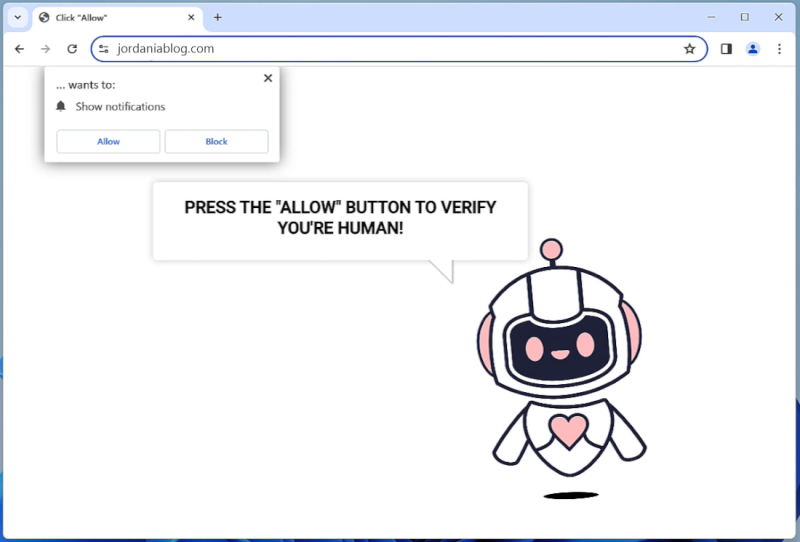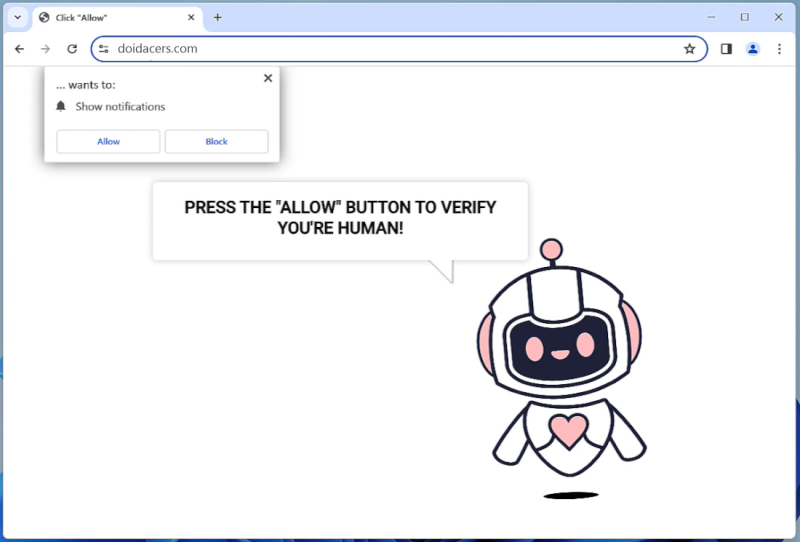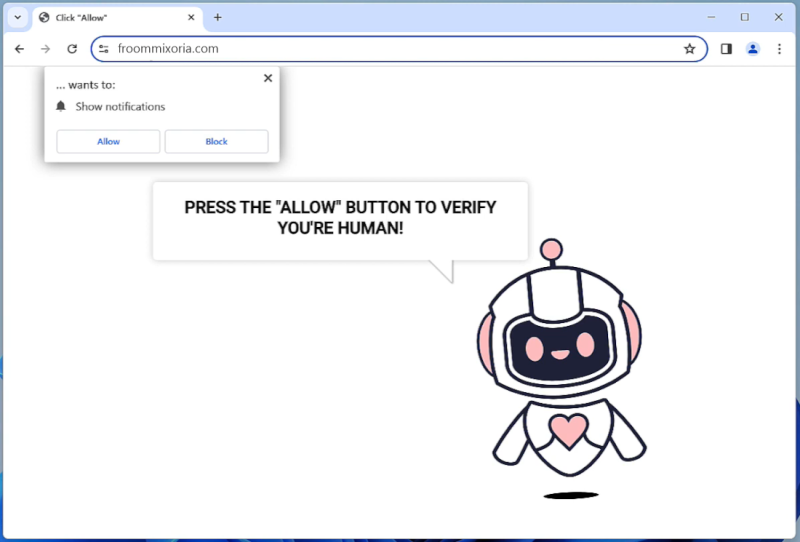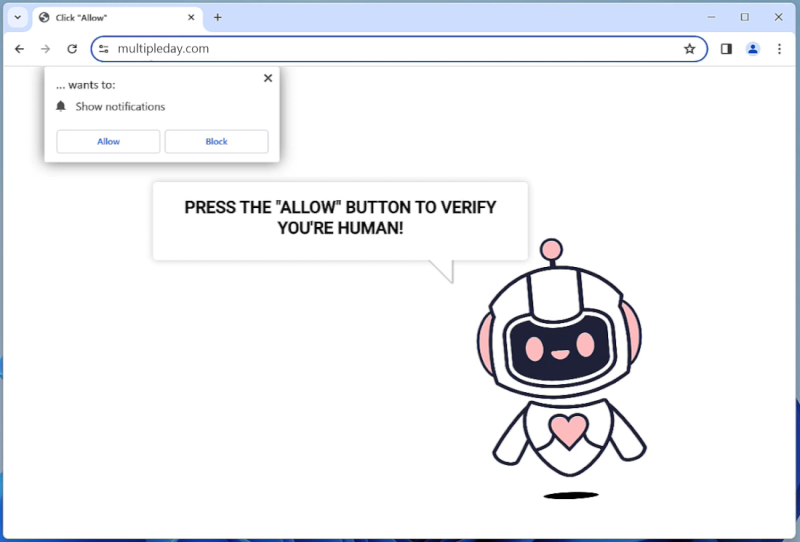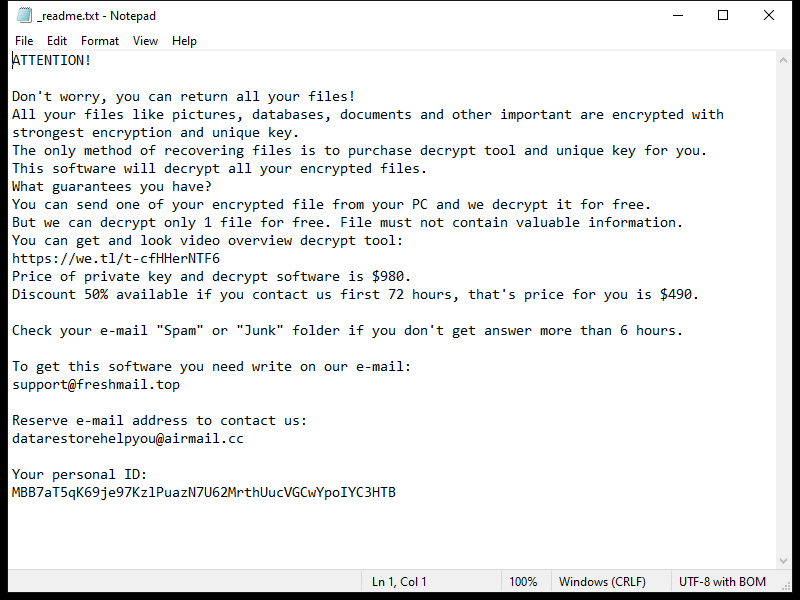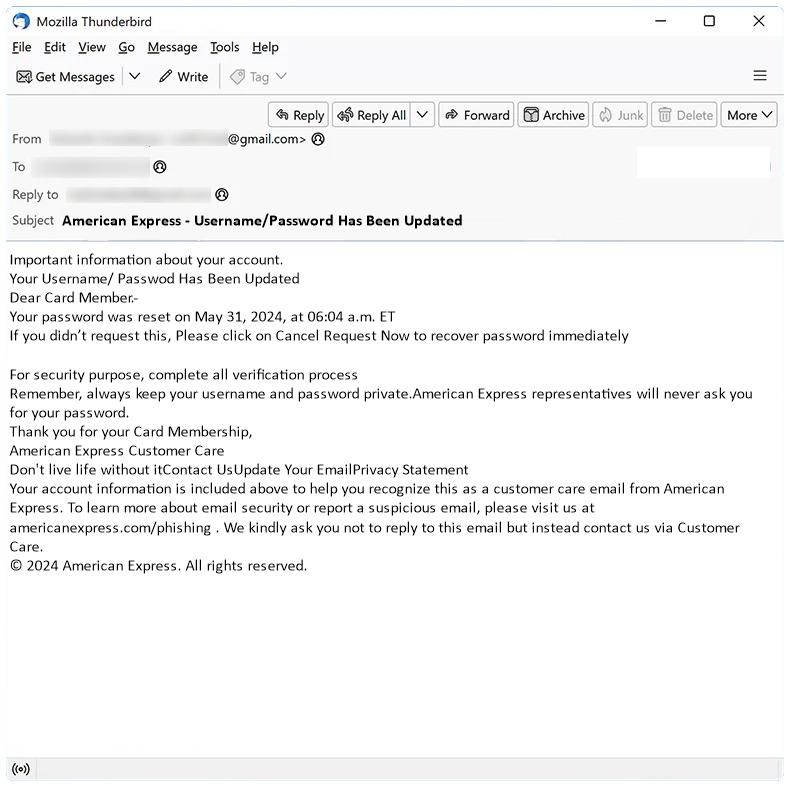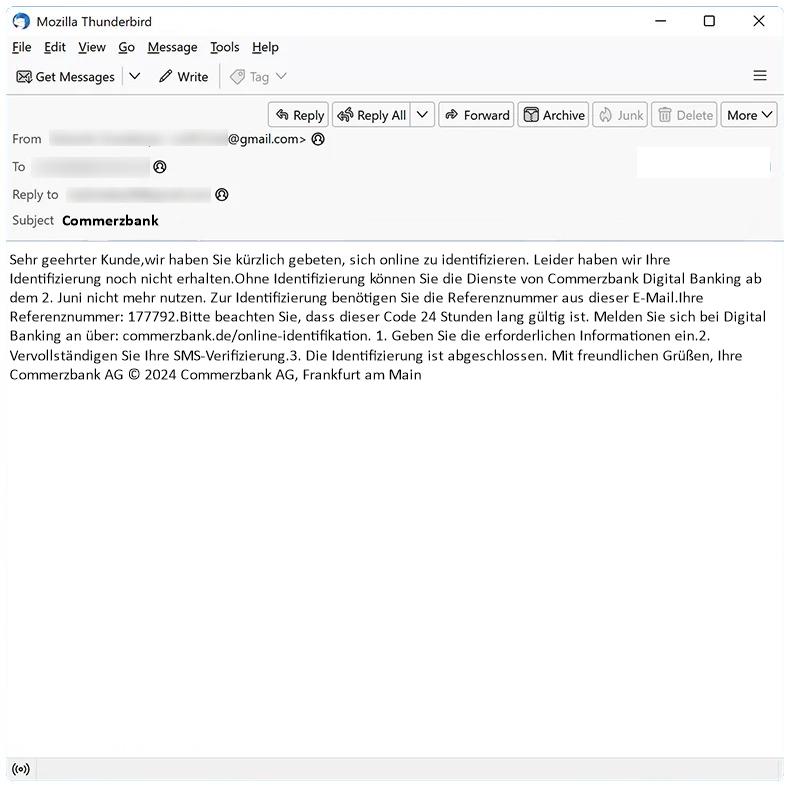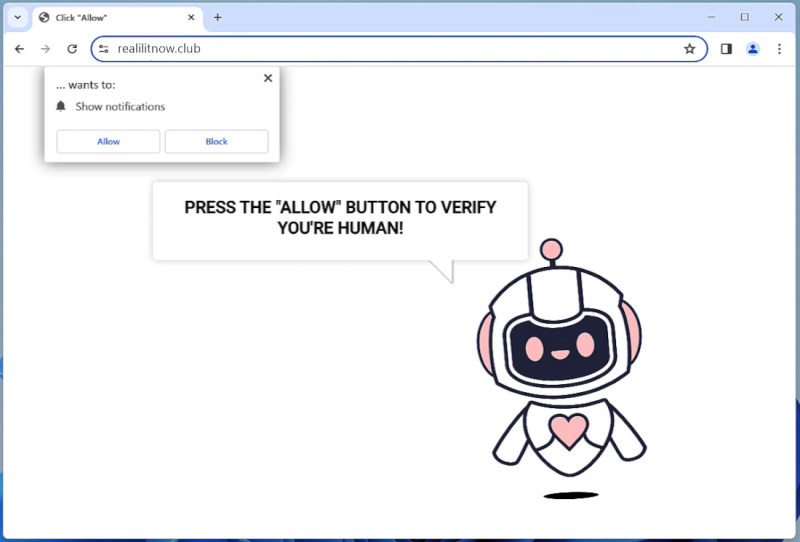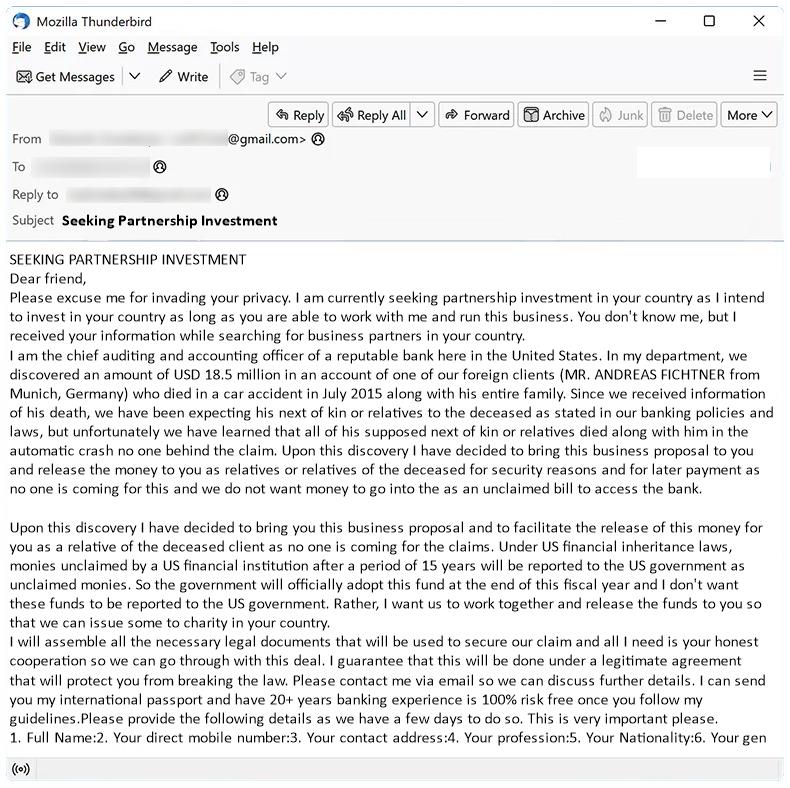Jordaniablog.com is a malicious website that infects computers by tricking users into allowing browser notifications. When a user visits the website, they may be prompted to enable notifications in order to access certain content or features. Once the notifications are enabled, the website can start displaying spammy and misleading notifications, which can lead to further malware infections or scams.
This website exploits browser notifications to push unwanted advertisements, fake alerts, or malicious links to users. By gaining permission to display notifications, Jordaniablog.com can continuously bombard users with intrusive pop-ups even when they are not actively browsing the website. This can disrupt the user experience and potentially expose them to harmful content. The website can infect various browsers such as Chrome, Firefox, and Safari, and target devices including desktops, laptops, and smartphones. It is important for users to be cautious when granting notification permissions to websites and to regularly review and revoke such permissions to prevent unwanted notifications and potential malware infections.

